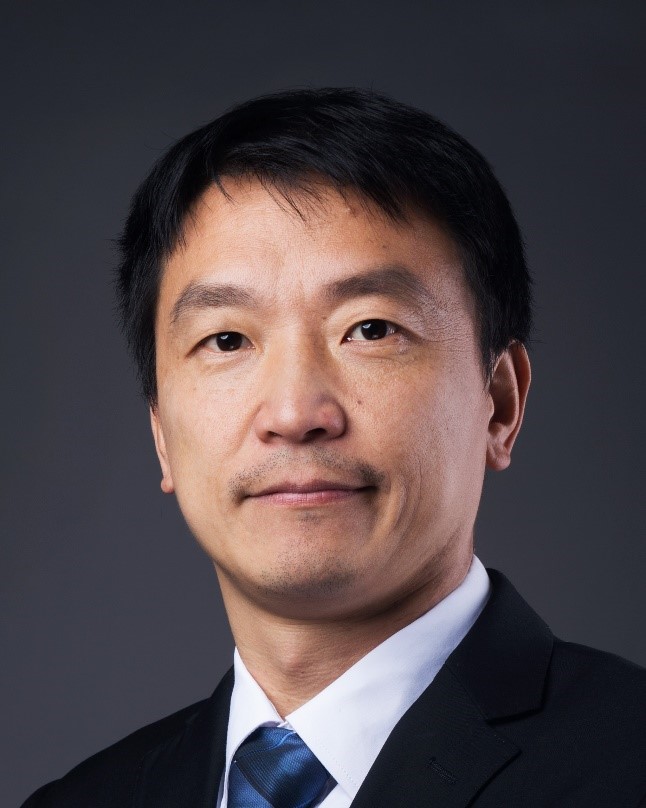由信息与通信工程学院主办的“信通论坛”本次邀请到上海交通大学王国兴教授,与我校师生分享“Intelligent and low power integrated circuits for Bio-applications”。具体安排如下,欢迎感兴趣的师生参加。
一、主 题:Intelligent and low power integrated circuits for Bio-applications
二、主 讲 人:王国兴 教授(上海交通大学)
三、时 间:2019年4月13日(周六)14:00-15:00
四、地 点:清水河校区科研楼B302
五、主 持 人:周军 教授
六、内容简介:
Integrated electronics have been improving the quality of life for the human beings over decades. With the advancement of many emerging technologies, especially artificial intelligence, this trend will keep going, and maybe even in a faster pace. As a result, the interface circuits between electronics and human beings is becoming more and more complicated. In particular, sensing physiological signals of human body is pivotal in biomedical applications. In this talk, I will review some of the past achievements and on-going work on low power and intelligent integrated circuits design towards fully autonomous wireless sensor networks, including our work of an electrical impedance tomography SoC which was presented in ISSCC2019. The chip used several techniques including borrowing the concept of frequency division multiplexing from communication and early demodulation, achieving the lowest power to date, about 1/10 of the best reported results.
七、 主讲人简介:

Guoxing Wang received his Ph.D. degree in electrical engineering from University of California at Santa Cruz, US, in 2006. Currently, he holds a Professorship in School of Microelectronics, Shanghai Jiao Tong University, Shanghai, China and serves the vice head for the School of Microeletronics. He heads the research group of Bio- Circuits and Systems Lab (www.bicasl.org) whose research interests include biomedical electronics, artificial intelligence, human machine interactions.
Dr. Wang is a senior member of IEEE, and a member of the IEEE Biomedical Circuits Systems Technical Committee (BioCAS). Currently he serves as the Deputy Editor-in-Chief for IEEE Transactions on Biomedical Circuits and Systems and Vice President for IEEE Circuits and Systems Society.